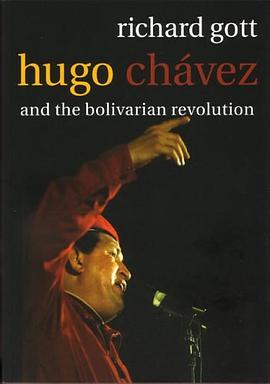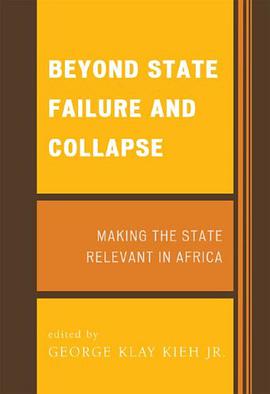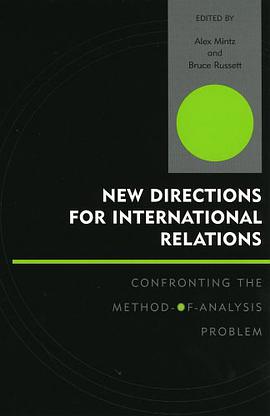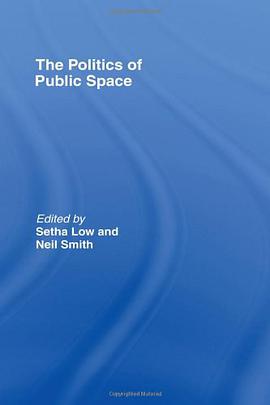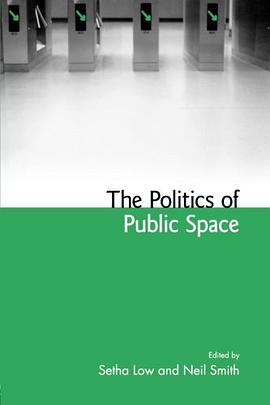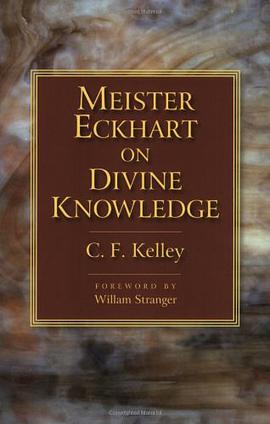

具体描述
What does it mean to watch two-hour long news programmes every evening? Why are some people 'addicted' to the news while others prefer to switch off? Television is an indispensable part of the fabric of modern life and this book investigates a facet of this process: its impact on the ways that we experience the political entity of the nation and our national and transnational identities. Drawing on anthropological, social and media theory and grounded on a two-year original ethnography of television news viewing in Athens, the book offers a fresh, interdisciplinary perspective in understanding the media/identity relationship. Starting from a perspective that examines identities as lived and as performed, the book follows the circulation of discourses about the nation and belonging and contrasts the articulation of identities at a local level with the discourses about the nation in the national television channels. The book asks: whether, and in what ways does television influence identity discourses and practices? When do people contest the official discourses about the nation and when do they rely on them? Do the media play a role in relation to inclusion and exclusion from public life, particularly in the case of minorities?
The book presents a compelling account of the contradictory and ambivalent nature of national and transnational identities while developing a nuanced approach to media power. It is argued that although the media do not shape identities in a causal way, they do contribute in creating common communicative spaces which often catalyse feelings of belonging or exclusion. The book claims a place in the emerging sub-field of media anthropology and represents the new generation of audience research that places media consumption in the wider social, economic and political context.
作者简介
目录信息
读后感
评分
评分
评分
评分
用户评价
这本书的装帧设计真是令人耳目一新,封面那种粗粝的纹理和内页纸张的质感,仿佛在无声地讲述着历史的厚重与当代的某种断裂感。我特别喜欢那种字体排版的选择,既有传统学术著作的严谨,又不失现代设计的灵动,尤其是在处理那些复杂的引用和图表时,清晰度和美感达到了一个很好的平衡。阅读过程中,我时常会停下来,反复摩挲那些精心设计的细节,比如章节标题旁边的微小装饰性图案,它们虽然不直接承载信息,却极大地增强了阅读的仪式感。这不仅仅是一本书,更像是一件精心制作的艺术品,它在你手中停留的时间里,不仅仅是知识的传递,更是一种视觉和触觉上的享受。对于那些注重阅读体验的读者来说,光是翻阅这本书本身,就已经是一种享受了。它展现了出版人对细节的极致追求,让厚重的理论也能以一种优雅的方式呈现出来。
评分这本书的引文和参考文献部分的处理,简直是学术研究的典范。它不仅仅是一个简单的列表,更像是一张精心绘制的知识地图。作者对现有文献的梳理和批判,显示出极高的学术良知和严谨态度。我注意到,一些关键论点后面附带的注释,信息量甚至不亚于正文的某个小节,它们提供了深挖下去的路径,同时也清晰地界定了作者自身研究的边界和创新之处。对我而言,这本书的价值不止于它自身所传达的信息,更在于它指向了更广阔的知识领域。跟随作者的引文导向去探索,我发现自己拓展了许多此前未曾关注的周边领域的研究,这对于任何一个严肃的研究者来说,都是一份极其宝贵的“附赠品”。
评分我必须承认,这本书的阅读门槛是相当高的,它要求读者对相关领域的背景知识有一定的积累。对于初学者来说,可能需要配合其他基础读物才能完全跟上作者的节奏。然而,正因为这种对读者的“要求”,使得最终的收获显得尤为丰厚。它不是一本试图迎合所有人的通俗读物,而是一次深入且略带挑战性的学术探险。作者毫不妥协地推进他们的论点,这让那些愿意投入精力的读者获得了巨大的回报。读完之后,我感觉自己对该领域的核心议题有了更深刻、更具批判性的理解,那种“茅塞顿开”的感觉,是其他许多轻松易读的书籍无法给予的。它真正做到了提供深度,而不是仅仅停留在表面。
评分这本书的语言风格是如此鲜明,简直像是在听一场精彩绝伦的辩论会。作者的笔触时而如手术刀般精准犀利,剖析问题的核心;时而又像高明的修辞大师,用极富画面感和感染力的比喻,将抽象的概念具象化。我发现自己常常会因为某些句子而忍不住大声朗读出来,那种节奏感和内在的张力,在学术著作中是相当罕见的。它不满足于仅仅陈述事实或理论,它更致力于“说服”你,引领你进入作者精心构建的思维空间。这种带有强烈个人风格的表达,让阅读过程充满了活力和互动性,而不是枯燥的知识灌输。对于我这种偏爱叙事性和论辩性文体的读者来说,这本书无疑提供了一场智力上的盛宴。
评分从内容深度上来说,这本书的论述逻辑性之强,简直可以用“滴水不漏”来形容。作者似乎对研究领域的每一个细枝末节都了如指掌,他们构建的理论框架非常宏大,但所有的论点支撑都紧密地嵌入到坚实的实证材料之中。我尤其欣赏作者在处理跨学科概念时的那种游刃有余,他们没有为了追求晦涩而故意使用生僻的行话,而是用极其精准和富有洞察力的语言,将原本看似无关的领域联系起来,形成了一个全新的分析视角。每一次阅读,我都会有新的发现,仿佛拨开了表层迷雾,看到了更深层次的结构性力量在起作用。这本书的论证过程是循序渐进的,但其间的飞跃又是令人惊叹的,它迫使你不断地进行批判性思考,而不是被动地接受结论。
评分 评分 评分 评分 评分相关图书
本站所有内容均为互联网搜索引擎提供的公开搜索信息,本站不存储任何数据与内容,任何内容与数据均与本站无关,如有需要请联系相关搜索引擎包括但不限于百度,google,bing,sogou 等
© 2026 book.wenda123.org All Rights Reserved. 图书目录大全 版权所有



